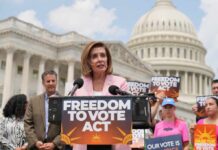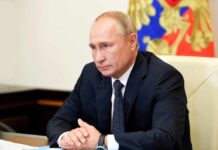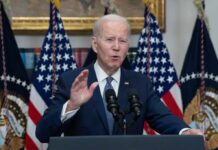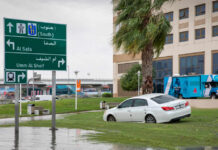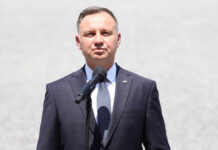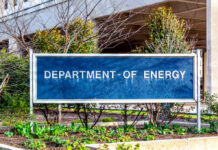
In the recent Argentine presidential election, libertarian candidate Javier Milei won a very close race. Currently, Milei is preparing to take office on December 10 and steer the country through several economic crises, including inflation, which is now at 143%. Foreign currency reserves are down, and the peso is becoming less desirable with citizens deserting it for the U.S. dollar.
Congratulations to Javier Milei and Argentina on this remarkable achievement! How significant is this for the crypto movement?
It's a pioneering step that could potentially reshape the financial landscape in Argentina and inspire global crypto trends. pic.twitter.com/NMg1Tb4QgX
— Andre (@andre0413_) November 19, 2023
Milei’s administration will face additional challenges given that four out of every ten Argentines live in poverty and the substantial devaluation of a peso was inevitable. The incoming President has suggested bolder economic approaches, including closure of the central bank and dollarization, which he refers to as “economic shock therapy”.
Milei won the second round runoff in May 2023 with 56% against Sergio Massa, but Miguel Kiguel, a former undersecretary of finance at the Economy Ministry, describes the Argentine economy as being in critical condition which calls for immediate action. Rampant inflation poses a key issue that disrupts markets and confuses consumers every week with fluctuating prices.
Economists, including Lucio Garay Mendez from EcoGo consulting, firmly note that the current misalignment in relative prices needs to be corrected. Such a dire forecast by a central bank poll predicting an astonishing 185% inflation by end year highlights the significant challenge that lies ahead.
To deal with inflation, Argentina’s central bank has increased the benchmark interest rate to 133% in order to help influence citizen’s willingness to save their money in pesos. However, this move has an adverse impact on both credit availability and economic development.
The peso has been restrained by capital controls since the 2019 market crash, leading to a complex system of exchange rates that includes unofficial rates like the “blue” dollar and Electronic Payment Market (MEP) that strongly deviate from the official rate.
Milei intends to tear down capital controls rapidly and eventually dollarize, expecting a devaluation between the official and the parallel rates. Argentina’s foreign currency reserves, already nearing lowest levels from 2006, get further strain caused by drought affecting key cash crops.
The reduced reserves threaten the country’s capacity to fulfill obligations such as debt repayment to the IMF and import. Therefore, Argentina is required to revisit the $44 billion IMF program since the government has entered a long-term currency swap with China. Looking forward, Argentina has a bleak economic outlook in the short run, forecasted at 2% contraction this year.
The economic downturn came about due to the recent drought, which reduced corn and soy crops by half. Such economic hardship is likely to worsen the poverty situation in a country where over 40% of the population are already at or below the poverty line.
Despite these challenges, there is hope on the horizon. Increasing rainfall, a new gas pipeline reducing import costs to the state budget and more demand for lithium used in electric vehicle batteries positively push the budget forward for next year. Furthermore, soy and corn harvests are expected to generate much-needed foreign currency.



